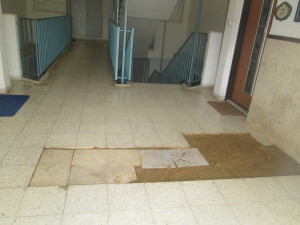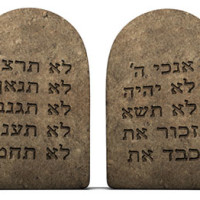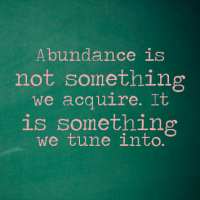>>You know, parenting is so all consuming and I never feel I’m doing as well as I’d like. But I look at you and so many times, you’ve got it nailed down. Even if you don’t show us your every mistake, I think you are doing an awesome job, and I really appreciate that this specialist bothered to acknowledge it, because you know what, almost all of us want to hear it at least now and then after we’ve poured heart and soul into something for so long.<<
I often feel like I’m not doing as well as I would like – thoughts like this sneak in pretty regularly!
I don’t have it all nailed down, far from it.
I see a lot of people online who seem to be doing a lot more with their kids than I do with mine. Parents who are more focused and goal directed, parents who provide their kids with T21 with more cognitive/physical support, parents who offer their homeschooled kids more active support in following their passions, parents who do more of everything, parents who have more of everything.
But my kids weren’t sent to those parents; they were sent to me. Perfectly imperfect me.
My message on this blog isn’t that I’m awesome and I’ve got it all figured out, because I haven’t.
If there’s a message I want to share, it’s that you can be lacking and inadequate, you can fall short and doubt yourself often – and your family can still be pretty darn wonderful.
When my oldest daughter was diagnosed with an eating disorder, I felt I had totally failed. It was as if all the good things I had done for years had never happened. I stopped writing about parenting, I stopped doing parenting consultations and I stopped trusting myself as a parent.
My husband spent four months in the US with her as she went through treatment, and one of the first things he told me when he came back was, “None of what you did all these years was wasted, it’s all still there inside of her. She’s an incredible girl and a lot of the credit for that is thanks to what you gave her.”
I didn’t see it at the time, but he was right. She had a big bump on her life path, but the person she was, the relationship we had – it was just temporarily obscured. It wasn’t gone. When the sun came out again, everything was better and brighter than before the dark clouds of life covered it all up.
So your family can turn out great with the efforts you worry aren’t enough.
And you, right now, as you are – you’re wonderful. The perfectly imperfect mother who never does all she wants to do. That’s a hard one to believe, isn’t it?
We have to learn to recognize what we do, validate ourselves, pat our own backs. Sometimes we get a little bonus when someone from the outside appreciates what we do, and that’s really nice. But we have to live with ourselves every day and that means we have to consciously reprogram the thoughts in our mind that can grind us down and make us feel we’re not enough, we’re never enough, and we’re never going to be much better than we are right now no matter how hard we try. All of that is a lie.
Countering this lie isn’t a one time lesson. I can’t write about this in the past tense as something I’ve worked on and surmounted, because this is a constant daily effort – to appreciate myself as I am when I’m having an adequate day, or especially when I’m having a much less than adequate day, not only on the days when I can check off every item on a long and detailed to-do list. To value myself as a human be-ing, not a human do-ing.
It’s about progress, not perfection.
It’s about learning to love ourselves, learning to nurture ourselves and appreciate ourselves as we are right now – just the way we love and nurture our children.
Avivah



![Skip-Bo-Cards[1]](http://avivahwerner.com/wp-content/uploads/2014/05/Skip-Bo-Cards1-200x200.jpeg)




